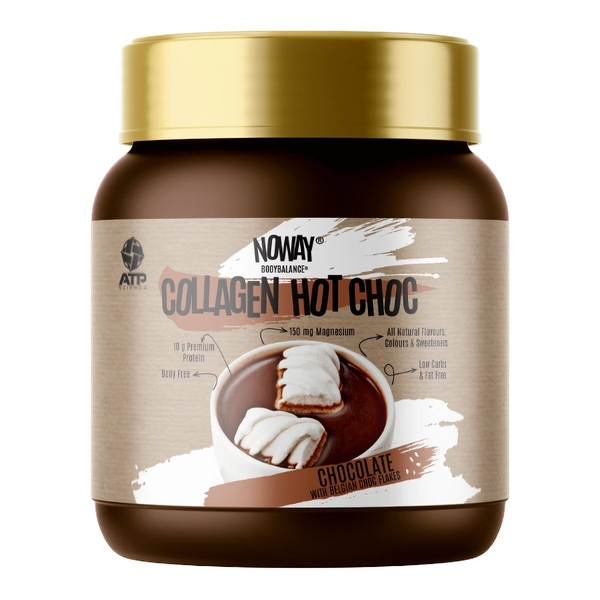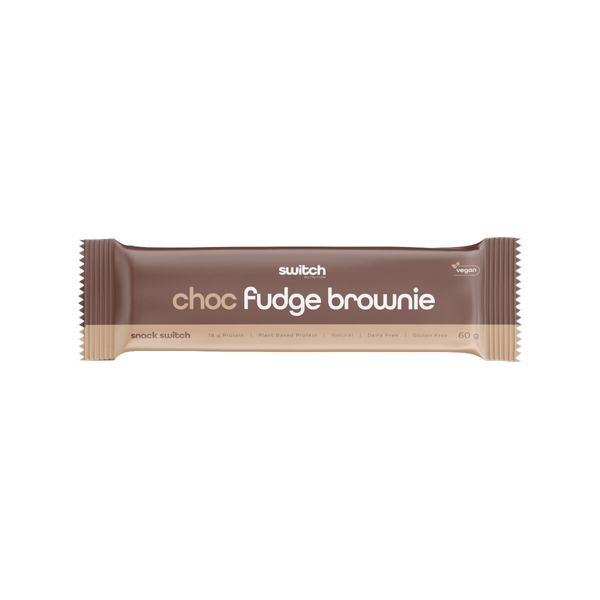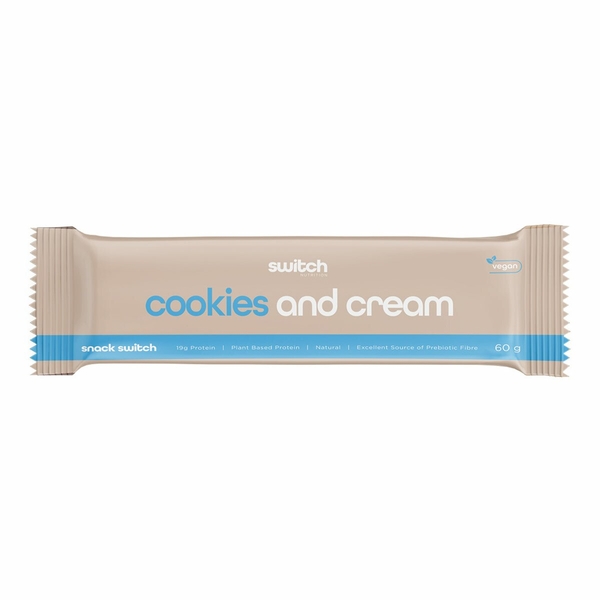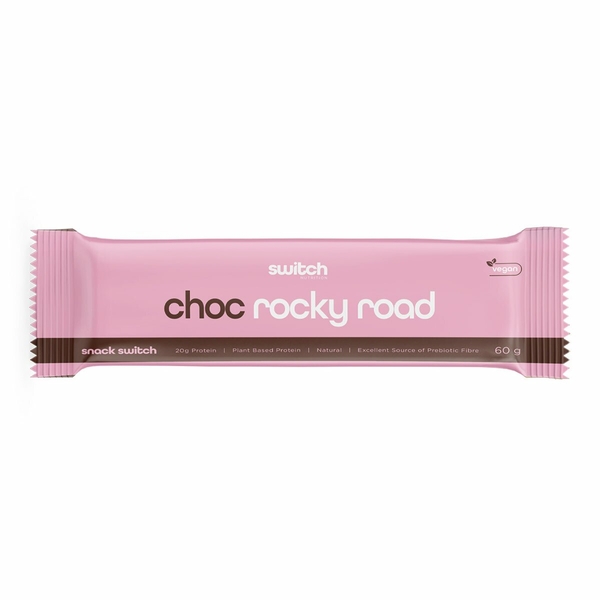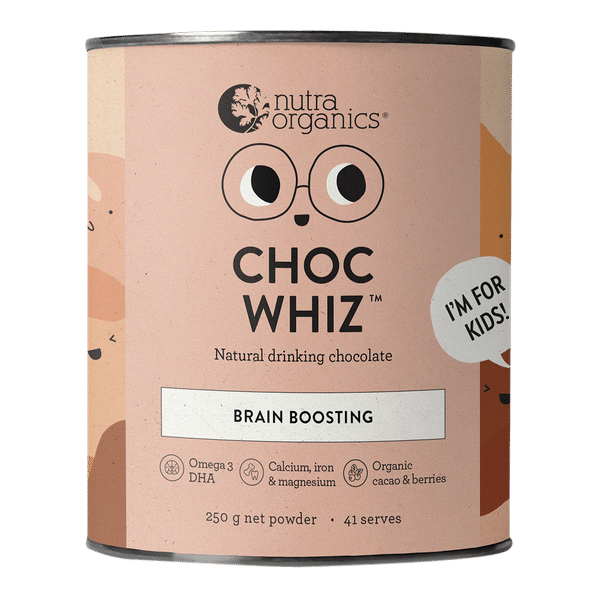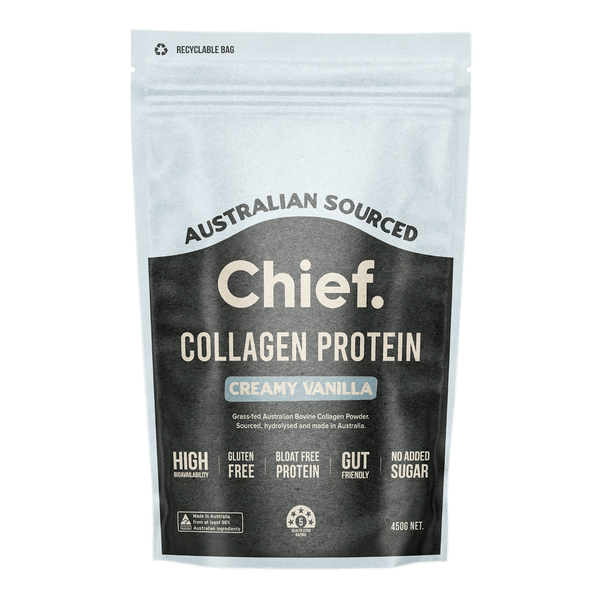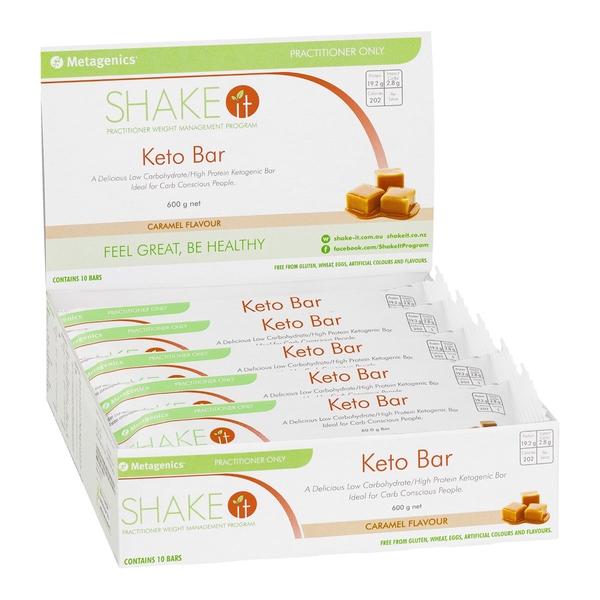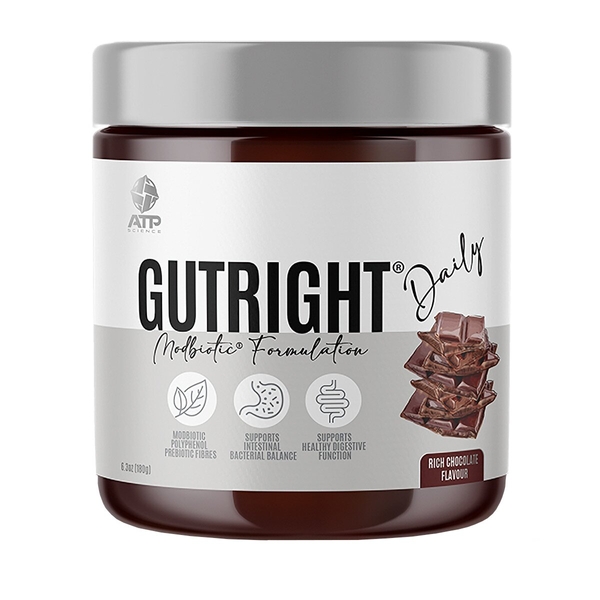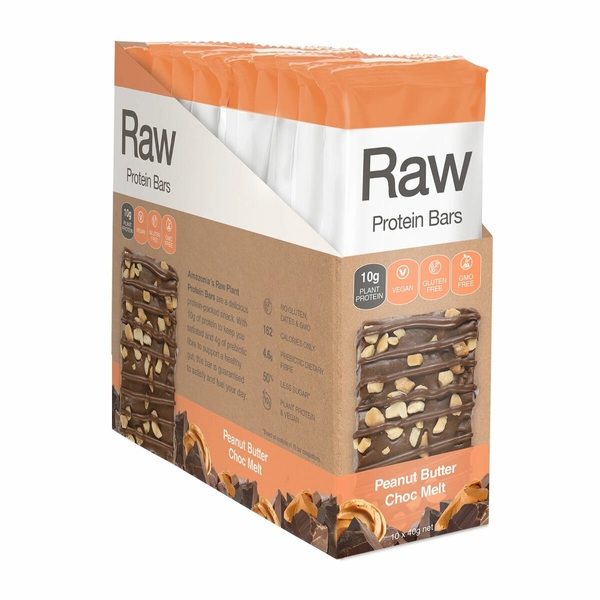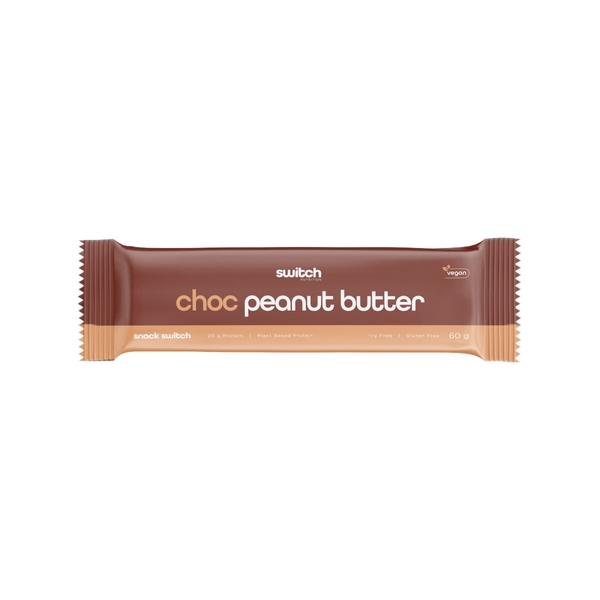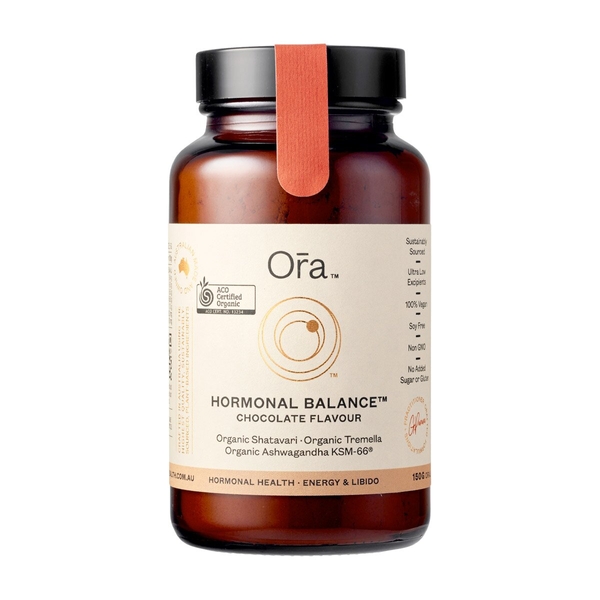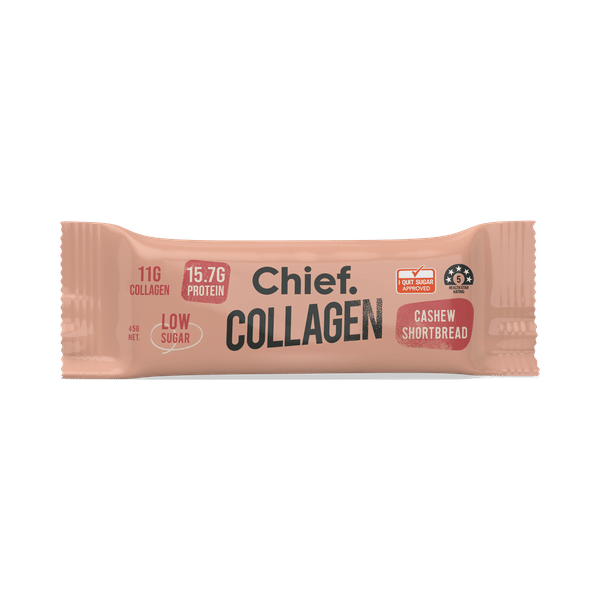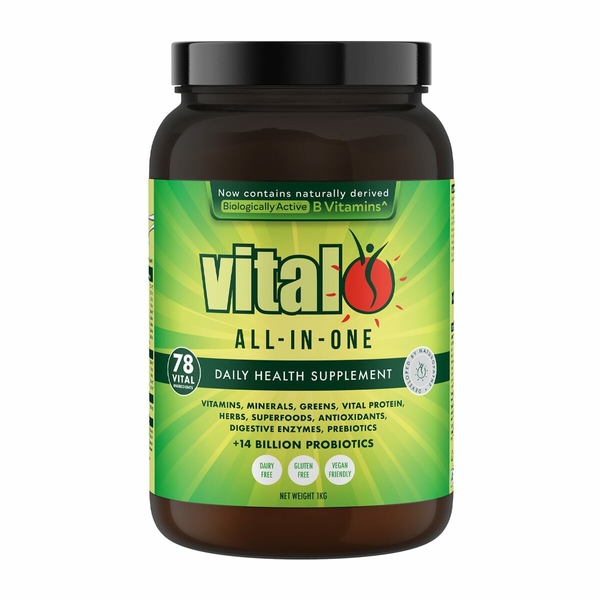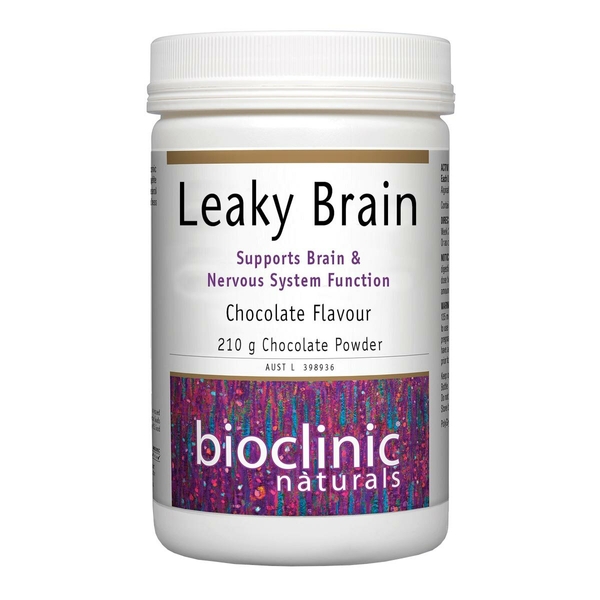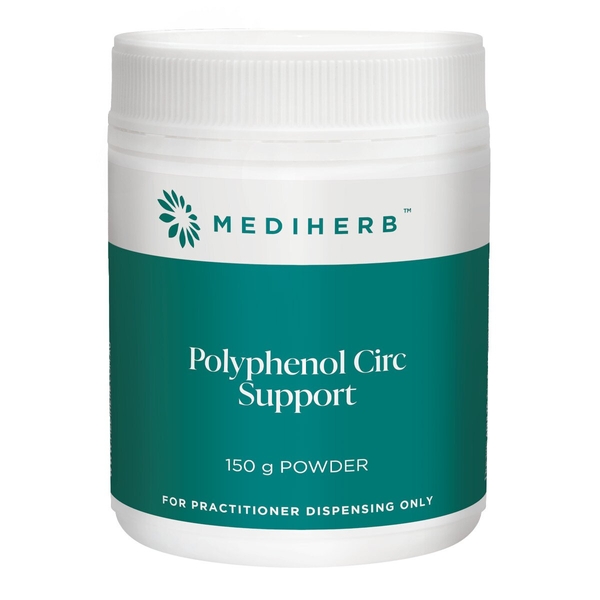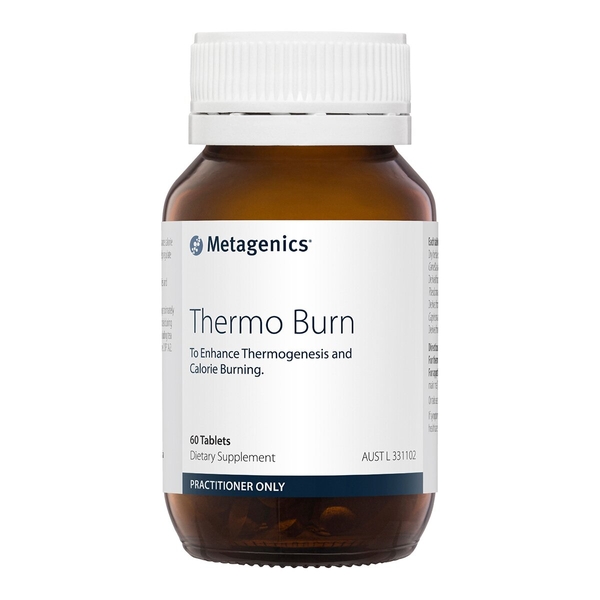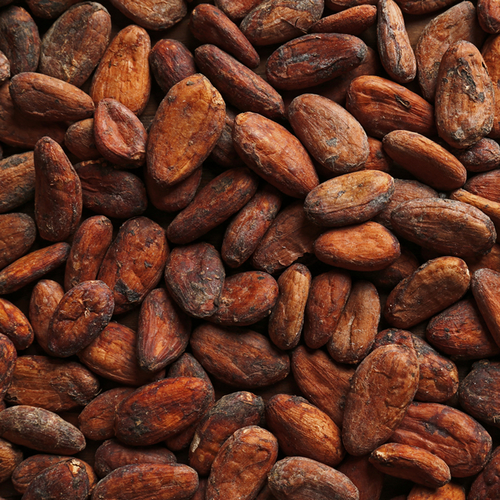
Background
Cocoa contains a variety of chemicals, including antioxidants called flavonoids. It's not clear how these might work in the body, but they appear to relax the blood vessels. This could lead to lower blood pressure, and reduce inflammation and blockage of blood vessels.
People most commonly use cocoa for heart disease and high blood pressure. It is also used for high cholesterol, memory, aging skin, and many other conditions, but there is no good scientific evidence to support these other uses.
Safety Safety definitions
Cocoa can cause allergic skin reactions and might also trigger migraine headaches. It can also cause nausea, stomach discomfort, constipation, and gas.
When applied to the skin: Applying cocoa butter to the skin is likely safe for most people. It can cause a rash in some people.
Special Precautions & Warnings:
Pregnancy: Cocoa is possibly safe when used in moderate amounts or in amounts commonly found in foods during pregnancy. But be sure to monitor your intake. Consuming cocoa in larger amounts is possibly unsafe because of the caffeine and heavy metals it contains. Caffeine found in cocoa crosses the placenta. High doses of caffeine during pregnancy might increase the risk for premature delivery, low birth weight, and miscarriage. Keep caffeine consumption below 300 mg per day during pregnancy. Chocolate products provide 2-35 mg caffeine per serving, and a cup of hot chocolate provides approximately 10 mg. So these products probably aren't a big concern. But unsweetened, dry cocoa powder can contain up to about 200 mg of caffeine per cup.Breast-feeding: Cocoa is possibly safe when used in moderate amounts or in amounts commonly found in foods while breast-feeding. Consuming cocoa in larger amounts is possibly unsafe because of the caffeine and heavy metals it contains. Breast milk concentrations of caffeine are thought to be about half the level of caffeine in the breast-feeding parent. If too much chocolate (16 oz per day) is consumed when breast-feeding, the nursing infant may become irritable and have frequent bowel movements because of the caffeine.
Children: Dark chocolate products, which contain high amounts of cocoa, are possibly unsafe for children. These products can contain high levels of lead and cadmium, which can cause serious health issues in children. There isn't enough reliable information to know if other chocolate products, which usually contain lower amounts of cocoa, are safe in children.
Anxiety: The caffeine in cocoa might make anxiety disorders worse when consumed in large amounts.
Bleeding disorders: Cocoa can slow blood clotting. Consuming a lot of cocoa might increase the risk of bleeding and bruising in people with bleeding disorders.
Heart conditions: Cocoa contains caffeine. The caffeine in cocoa might cause irregular heartbeat in some people and should be used cautiously in people with heart conditions.
Diabetes: Cocoa seems to be able to raise blood sugar levels and might interfere with blood sugar control in people with diabetes.
Diarrhea. Cocoa contains caffeine. The caffeine in cocoa, especially when taken in large amounts, can make diarrhea worse.
Gastroesophageal Reflux Disease (GERD): Cocoa might make the symptoms of GERD worse.
Glaucoma: Cocoa contains caffeine. The caffeine in cocoa increases pressure in the eye and should be used cautiously in people with glaucoma.
High blood pressure: Cocoa contains caffeine. The caffeine in cocoa might increase blood pressure in people with high blood pressure. But for people who consume caffeine regularly, it might not be a big increase.
Irritable bowel syndrome (IBS): Cocoa contains caffeine. The caffeine in cocoa, especially when taken in large amounts, can make diarrhea and IBS symptoms worse.
Rapid heartbeat: Cocoa from dark chocolate can increase heart rate.
Seizures: Cocoa contains caffeine. High doses of caffeine might cause seizures or decrease the effects of drugs used to prevent seizures. If you have ever had a seizure, don't use high doses of caffeine or caffeine-containing products such as cocoa.
Weak bones (osteoporosis): Cocoa contains caffeine. The caffeine in cocoa might increase how much calcium is released in the urine. People with osteoporosis should limit their intake of cocoa.
Effectiveness
- Heart disease. Eating cocoa lowers the chance of heart disease and death. Cocoa might have this effect by lowering blood pressure and improving blood vessel function.
- High blood pressure. Eating dark chocolate or cocoa products for 2-8 weeks can lower blood pressure in people with high blood pressure. But these benefits are only seen when cocoa comes from plain, unsweetened chocolate. Eating cocoa from desserts might increase the risk for high blood pressure.
- High cholesterol. Consuming cocoa by mouth does not seem to improve cholesterol levels in people with high cholesterol.
- Stretch marks. Applying a cream containing cocoa butter during pregnancy does not seem to prevent stretch marks.
Dosing & administration
Cocoa is regularly eaten in chocolate products. Bitter chocolate is produced by pressing roasted cocoa beans between hot rollers. Cocoa powder is produced by squeezing the fat (cocoa butter) from bitter chocolate and powdering the remaining material. Sweet chocolate is produced by adding sugar and vanilla to bitter chocolate. The percentage on a chocolate bar tells you how much sugar has been added. For example, a 70% cocoa bar contains 70% cocoa and 30% sugar.
Interactions with pharmaceuticals
Adenosine (Adenocard)
Interaction Rating=Moderate Be cautious with this combination.
Cocoa contains caffeine. The caffeine in cocoa might block the affects of adenosine, which is often used by doctors to do a test called a cardiac stress test. Stop consuming cocoa at least 24 hours before a cardiac stress test.
Alcohol (Ethanol)
Interaction Rating=Moderate Be cautious with this combination.
The body breaks down the caffeine in cocoa to get rid of it. Alcohol can decrease how quickly the body breaks down caffeine. Taking cocoa along with alcohol might increase the risk for caffeine side effects, such as jitteriness, headache, and fast heartbeat.
Antibiotics (Quinolone antibiotics)
Interaction Rating=Minor Be watchful with this combination.
The body breaks down caffeine from cocoa to get rid of it. Some drugs can decrease how quickly the body breaks down caffeine. Taking these drugs along with cocoa might increase the risk of caffeine side effects including jitteriness, headache, and fast heartbeat.
Birth control pills (Contraceptive drugs)
Interaction Rating=Minor Be watchful with this combination.
Cocoa contains caffeine. The body breaks down caffeine to get rid of it. Birth control pills can decrease how quickly the body breaks down caffeine. This might increase the risk for caffeine side effects, such as jitteriness, headache, and fast heartbeat.
Cimetidine (Tagamet)
Interaction Rating=Minor Be watchful with this combination.
Cocoa contains caffeine. The body breaks down caffeine to get rid of it. Cimetidine can decrease how quickly your body breaks down caffeine. Taking cimetidine along with cocoa might increase the chance of caffeine side effects including jitteriness, headache, and fast heartbeat.
Dipyridamole (Persantine)
Interaction Rating=Moderate Be cautious with this combination.
Cocoa contains caffeine. The caffeine in cocoa might block the effects of dipyridamole, which is often used by doctors to do a test called a cardiac stress test. Stop consuming cocoa at least 24 hours before a cardiac stress test.
Disulfiram (Antabuse)
Interaction Rating=Minor Be watchful with this combination.
Cocoa contains caffeine. The body breaks down caffeine to get rid of it. Disulfiram can decrease how quickly the body gets rid of caffeine. Taking cocoa along with disulfiram might increase the chance of caffeine side effects, including jitteriness, headache, and fast heartbeat.
Ephedrine
Interaction Rating=Moderate Be cautious with this combination.
Stimulant drugs speed up the nervous system. Caffeine (contained in cocoa) and ephedrine are both stimulant drugs. Taking cocoa along with ephedrine might cause too much stimulation and serious side effects and heart problems.
Estrogens
Interaction Rating=Moderate Be cautious with this combination.
Cocoa contains caffeine. The body breaks down caffeine to get rid of it. Estrogens can decrease how quickly the body breaks down caffeine. Taking cocoa along with estrogens can increase the risk of caffeine side effects, including jitteriness, headache, and fast heartbeat.
Fluconazole (Diflucan)
Interaction Rating=Minor Be watchful with this combination.
Cocoa contains caffeine. The body breaks down caffeine to get rid of it. Fluconazole might decrease how quickly the body gets rid of caffeine Taking cocoa along with fluconazole might increase the risk of caffeine side effects such as jitteriness, headache, and fast heartbeat.
Flutamide (Eulexin)
Interaction Rating=Moderate Be cautious with this combination.
The body breaks down flutamide to get rid of it. The caffeine in cocoa might decrease how quickly the body breaks down flutamide. In theory, taking cocoa along with flutamide might increase the effects and side effects of flutamide.
Fluvoxamine (Luvox)
Interaction Rating=Moderate Be cautious with this combination.
Cocoa contains caffeine. The body breaks down caffeine to get rid of it. Fluvoxamine can decrease how quickly the body breaks down caffeine. Taking cocoa along with fluvoxamine might increase the risk of caffeine side effects, such as jitteriness, headache, and fast heartbeat.
Lithium
Interaction Rating=Moderate Be cautious with this combination.
The body naturally gets rid of lithium. The caffeine in cocoa can increase how quickly the body gets rid of lithium. If you consume caffeine regularly and you also take lithium, don't change your dose of caffeine quickly. Stopping caffeine too quickly can increase the side effects of lithium. If you stop using caffeine, reduce the dose slowly.
Medications for asthma (Beta-adrenergic agonists)
Interaction Rating=Moderate Be cautious with this combination.
Cocoa contains caffeine. Caffeine can stimulate the heart. Some medications for asthma can also stimulate the heart. Taking caffeine with some medications for asthma might cause too much stimulation and heart problems.
Medications for depression (MAOIs)
Interaction Rating=Moderate Be cautious with this combination.
Cocoa contains caffeine. There is some concern that caffeine can interact with certain medications, called MAOIs. If caffeine is taken with these medications, it might increase the risk for serious side effects including fast heartbeat and very high blood pressure.
Some common MAOIs include phenelzine (Nardil), selegiline (Zelapar), and tranylcypromine (Parnate).
Medications for high blood pressure (ACE inhibitors)
Interaction Rating=Moderate Be cautious with this combination.
Cocoa can affect how the body processes ACE inhibitors. Taking cocoa with ACE inhibitors might cause increased effects and side effects.
Medications for high blood pressure (Antihypertensive drugs)
Interaction Rating=Moderate Be cautious with this combination.
Cocoa might lower blood pressure. Taking cocoa along with medications that lower blood pressure might cause blood pressure to go too low. Monitor your blood pressure closely.
Medications that slow blood clotting (Anticoagulant / Antiplatelet drugs)
Interaction Rating=Moderate Be cautious with this combination.
Cocoa might slow blood clotting. Taking cocoa along with medications that also slow blood clotting might increase the risk of bruising and bleeding.
Metformin (Glucophage)
Interaction Rating=Minor Be watchful with this combination.
Cocoa contains caffeine. The body breaks down caffeine to get rid of it. Metformin can decrease how quickly the body breaks down caffeine. Taking metformin along with cocoa might increase the risk of caffeine side effects. such as jitteriness, headache, and fast heartbeat.
Methoxsalen (Oxsoralen)
Interaction Rating=Minor Be watchful with this combination.
Cocoa contains caffeine. The body breaks down caffeine to get rid of it. Methoxsalen can decrease how quickly the body breaks down caffeine. Taking methoxsalen along with cocoa might increase the risk of caffeine side effects, such as jitteriness, headache, and fast heartbeat.
Mexiletine (Mexitil)
Interaction Rating=Minor Be watchful with this combination.
Cocoa contains caffeine. The body breaks down caffeine to get rid of it. Mexiletine can decrease how quickly the body breaks down caffeine. Taking mexiletine along with cocoa might increase the risk of caffeine side effects, such as jitteriness, headache, and fast heartbeat.
Nicotine
Interaction Rating=Moderate Be cautious with this combination.
Stimulant drugs such as nicotine speed up the nervous system. The caffeine in cocoa might also speed up the nervous system. Taking cocoa along with stimulant drugs might cause serious problems including increased heart rate and high blood pressure.
Pentobarbital (Nembutal)
Interaction Rating=Moderate Be cautious with this combination.
The stimulant effects of the caffeine in cocoa might block the effects of pentobarbital.
Phenobarbital (Luminal)
Interaction Rating=Moderate Be cautious with this combination.
Phenobarbital is a drug used to treat seizures. The caffeine in cocoa might decrease the effects of phenobarbital and increase the risk of seizures in some people.
Phenothiazines
Interaction Rating=Minor Be watchful with this combination.
Cocoa contains caffeine. The body breaks down caffeine to get rid of it. Phenothiazines can decrease how quickly the body breaks down caffeine. Taking phenothiazines along with caffeine might increase the effects and side effects of caffeine.
Phenylpropanolamine
Interaction Rating=Moderate Be cautious with this combination.
The caffeine in cocoa can stimulate the body. Phenylpropanolamine can also stimulate the body. Taking cocoa along with phenylpropanolamine might cause too much stimulation and increase heartbeat, blood pressure, and cause nervousness.
Phenytoin (Dilantin)
Interaction Rating=Moderate Be cautious with this combination.
Phenytoin is a drug used to treat seizures. The caffeine in cocoa can decrease the effects of phenytoin. Taking cocoa with phenytoin might decrease the effects of phenytoin and increase the risk of seizures in some people.
Riluzole (Rilutek)
Interaction Rating=Moderate Be cautious with this combination.
The body breaks down riluzole to get rid of it. Consuming cocoa can decrease how quickly the body breaks down riluzole and increase the effects and side effects of riluzole.
Stimulant drugs
Interaction Rating=Moderate Be cautious with this combination.
Stimulants, such as amphetamines and cocaine, speed up the nervous system. By speeding up the nervous system, stimulant medications can increase blood pressure and speed up the heartbeat. Cocoa contains caffeine. Caffeine can also speed up the nervous system. Taking cocoa along with stimulant drugs might cause serious problems including increased heart rate and high blood pressure.
Terbinafine (Lamisil)
Interaction Rating=Minor Be watchful with this combination.
Cocoa contains caffeine. The body breaks down caffeine to get rid of it. Terbinafine can decrease how fast the body gets rid of caffeine and increase the risk of caffeine side effects such as jitteriness, headache, and fast heartbeat.
Theophylline
Interaction Rating=Moderate Be cautious with this combination.
Cocoa contains caffeine. Caffeine works in similar ways in the body as theophylline. Caffeine can also decrease how quickly the body gets rid of theophylline. Taking cocoa along with theophylline might increase the effects and side effects of theophylline.
Tiagabine (Gabitril)
Interaction Rating=Minor Be watchful with this combination.
Tiagabine is used to treat seizures. There is some concern that the caffeine in cocoa can reduce the effects of tiagabine. But studies show that tiagabine still works even when taken with caffeine.
Ticlopidine (Ticlid)
Interaction Rating=Minor Be watchful with this combination.
Cocoa contains caffeine. The body breaks down caffeine to get rid of it. Ticlopidine can decrease how fast the body gets rid of caffeine. In theory, taking cocoa along with ticlopidine might increase the risk of caffeine side effects, such as jitteriness, headache, and fast heartbeat.
Valproate
Interaction Rating=Moderate Be cautious with this combination.
Valproate is a drug used to treat seizures. The caffeine in cocoa might decrease the effects of valproate and increase the risk of seizures in some people.
Verapamil (Calan, others)
Interaction Rating=Minor Be watchful with this combination.
The body breaks down the caffeine in cocoa to get rid of it. Verapamil can decrease how quickly the body gets rid of caffeine. Taking caffeine along with verapamil can increase the risk of caffeine side effects including jitteriness, headache, and an increased heartbeat.
Water pills (Diuretic drugs)
Interaction Rating=Moderate Be cautious with this combination.
Cocoa contains caffeine. Caffeine can decrease potassium levels. "Water pills" can also decrease potassium levels. Taking cocoa along with "water pills" might make potassium levels drop too low.
Interactions with herbs & supplements
Caffeine-containing herbs and supplements: Cocoa contains caffeine. Taking cocoa with herbs and supplements that also contain caffeine might increase the risk of side effects. Some of these herbs include black tea, cola nut, green tea, oolong tea, guarana, mate, and others.
Calcium: High caffeine intake from foods, beverages, and herbs, including cocoa, increases how much calcium the body loses in the urine. This might lower calcium levels.
Echinacea: Cocoa contains caffeine. The body breaks down caffeine to get rid of it. Echinacea might decrease how quickly the body breaks down caffeine. Using echinacea with cocoa might increase the risk of caffeine side effects.
Ephedra: Stimulants speed up the nervous system. Caffeine (contained in cocoa) and ephedra are both stimulants. Taking cocoa along with ephedra might cause too much stimulation and serious side effects and heart problems.
Genistein-containing herbs and supplements: Cocoa contains caffeine. Genistein might decrease how quickly the body breaks down caffeine. Taking cocoa with genistein might increase caffeine levels and side effects. Examples of supplements that contain genistein include cumin, dyer's broom, kudzu, red clover, and soy.
Herbs and supplements that might lower blood pressure: Cocoa might lower blood pressure. Taking it with other supplements that have the same effect might cause blood pressure to drop too much. Examples of supplements with this effect include andrographis, casein peptides, L-arginine, niacin, and stinging nettle.
Herbs and supplements that might slow blood clotting: Cocoa might slow blood clotting and increase the risk of bleeding. Taking it with other supplements with similar effects might increase the risk of bleeding in some people. Examples of supplements with this effect include garlic, ginger, ginkgo, nattokinase, and Panax ginseng.
Iron: Cocoa might reduce how much iron the body can absorb from supplements and non-meat foods. But it's not clear if this is a big concern.
Kudzu: Cocoa contains caffeine. The body breaks down caffeine to get rid of it. Kudzu might decrease how quickly the body breaks down caffeine. Using kudzu with cocoa might increase the risk of caffeine side effects.
Magnesium: High caffeine intake from foods, beverages, and herbs, including cocoa, increases how much magnesium the body loses in the urine. This might lower magnesium levels.
Melatonin: Cocoa contains caffeine. Taking caffeine and melatonin together can increase melatonin levels. Caffeine can also increase natural melatonin levels in healthy people.
Interactions with foods
Products
View all products- Theobroma cacao (Cocoa mass)
- Theobroma cacao (Cacao) (seed) powder
- Theobroma cacao (Cacao butter)
- Hydrolysed bovine collagen
- Coconut milk powder
- Magnesium bisglycinate
- Xanthan gum
- Coconut medium-chain triglyceride (Coconut MCT)
- Natural chocolate flavour
- Sunflower lecithin
- Sugar
- Vanilla flavour
- Stevia rebaubiana (leaf)
- Theobroma cacao (Cocoa mass)
- Theobroma cacao (Cocoa powder) 3 g
- Theobroma cacao (Cocoa solids)
- Pea protein concentrate
- L-glutamine
- Prebiotic fibre
- Vicia faba (Fava bean protein)
- Prunus dulcis (Almond)
- Phoenix dactylifera (Date)
- Coconut sugar
- Natural vanilla flavour
- Vaccinium macrocarpon
- Sugar
- Sunflower oil
- Coconut flesh (dried)
- Prunus serotina (fruit) ext. (Black cherry)
- Oryza sativa (Brown rice malt syrup)
- Grape (dried) (Sultana)
- Coconut oil
- Natural cherry flavour
- Theobroma cacao (Cocoa mass)
- Theobroma cacao (Cocoa solids)
- Theobroma cacao (Cocoa powder) 5.4 g
- Pea protein concentrate
- L-glutamine
- Prebiotic fibre
- Prunus dulcis (Almond)
- Coconut sugar
- Natural vanilla flavour
- Phoenix dactylifera (Date)
- Oryza sativa (Brown rice malt syrup)
- Grape (dried) (Sultana)
- Coconut flesh (dried)
- Coconut oil
- Pink Himalayan crystal salt
- Stevia rebaubiana
- Theobroma cacao (Cacao) powder
- Theobroma cacao (Cocoa mass)
- Theobroma cacao (Cocoa solids)
- Vicia faba (Fava bean protein)
- Prebiotic fibre
- Vitis vinifera juice
- Anacardium occidentale (Cashew nut)
- L-glutamine
- Coconut sugar
- Natural vanilla flavour
- Ananas comosus (Pineapple)
- Coconut flesh (dried)
- Ananas comosus (Pineapple oil)
- Oryza sativa (Rice juice concentrate)
- Theobroma cacao (Cocoa powder)
- Theobroma cacao (Cocoa mass)
- Theobroma cacao (Cacao butter)
- Prebiotic fibre
- Oryza sativa (Rice bran)
- Vicia faba (Fava bean protein)
- Oryza sativa (Brown rice malt syrup)
- Coconut flesh (dried)
- Sodium bicarbonate
- Coconut sugar
- Natural vanilla flavour
- L-glutamine
- Pea protein concentrate
- Prunus dulcis (Almond)
- Oryza sativa (Rice)
- Sugar
- Natural flavours
- Grape juice
- Vanilla planifolia (Vanilla bean extract)
- Pink Himalayan crystal salt
- Gluten free flour
- Almond butter
- Oryza sativa (Rice juice concentrate)
- Natural cookies and cream flavour
- Theobroma cacao (Cacao) powder
- Theobroma cacao (Cocoa mass)
- Theobroma cacao (Cacao butter)
- Prebiotic fibre
- Vicia faba (Fava bean protein)
- Arachis hypogaea (Peanuts)
- Vaccinium macrocarpon
- Sugar
- Corn maltodextrin
- Glucose anhydrous
- Citric acid anhydrous
- Natural flavours
- Sunflower oil
- Copernicia prunifera (leaf) wax (Carnauba wax)
- Coconut sugar
- Natural vanilla flavour
- Grape juice concentrate
- Coconut oil
- Pink Himalayan crystal salt
- Wheat starch
- Fruit juice concentrate
- Natural colours
- Oryza sativa (Rice juice concentrate)
- Natural marshmallow flavour
- Prunus cerasus (fruit) dry
- Theobroma cacao (Cacao) powder 1.92 g
- Theobroma cacao (Cocoa mass)
- Pouteria lucuma (fruit) powder
- Euterpe oleracea (berry) ext. (Acai)
- Mango (fruit)
- Beta vulgaris (root) powder (Beetroot)
- Coconut sugar
- Natural chocolate flavour
- Sugar
- Natural vanilla flavour
- Arctic sea algae
- Sea salt
- Green banana
- Docosahexaenoic acid (DHA)
- Vaccinium corymbosum (fruit) powder
- Vaccinium macrocarpon
- Rubus idaeus
- Hydrolysed bovine collagen peptides
- Buttermilk powder
- Cyamopsis tetragonoloba (Guar gum)
- Natural vanilla flavour 0.42 g
- Saccharum officinarum (Sugarcane wax alcohols)
- Luo Han Guo (fruit) ext. (Monk fruit)
- Myrciaria dubia (fruit) powder (Camu Camu)
- Theobroma cacao (Cocoa solids)
- Theobroma cacao (Cocoa powder)
- Soy protein isolate
- Whey protein concentrate
- Calcium caseinate
- Maltitol
- Milk solids powder
- Soy lecithin
- Polyglycerol polyricinoleate (E-476)
- Natural vanilla flavour
- Polydextrose
- Glycerol
- Sorbitol
- Sunflower oil
- Natural flavours
- Thiamine hydrochloride (Vitamin B1)
- Riboflavin (Vitamin B2)
- Pyridoxine hydrochloride (Vitamin B6)
- Ascorbic acid (Vitamin C)
- Cholecalciferol
- d-alpha-Tocopheryl acid succinate
- Nicotinamide (Vitamin B3)
- Calcium pantothenate (Vitamin B5)
- Calcium hydrogen phosphate
- Ferrous fumarate
- Zinc bisglycinate (Zinc amino acid chelate)
- Chromium nicotinate
- Copper gluconate
- Manganese amino acid chelate
- Potassium iodide
- Biotin
- Tocopherols concentrate - mixed (Vitamin E)
- Acacia sp. (fibre)
- Stevia rebaubiana
- Theobroma cacao (Cocoa powder) 1.2 g
- Theobroma cacao (Cacao) (fruit) powder
- Punica granatum (fruit pericarp) powder
- Malus (fibre) powder (Apple)
- Xanthan gum
- Brassica oleracea var. italica (sprout) powder
- Natural flavours
- Hibiscus sabdariffa powder
- Schisandra chinensis (berry) powder
- Vaccinium macrocarpon (berry) powder
- Prunus serotina (fruit) ext. (Black cherry)
- Myristica fragrans (Nutmeg)
- Zingiber officinale (root) powder
- Rosmarinus officinalis (leaf) powder
- Cinnamomum spp. (bark) powder
- Euterpe oleracea (berry) ext. (Acai)
- Raphanus sativus (fruit) powder
- Brassica oleracea var. acephala (leaf & sprout) powder (Kale)
- Stevia rebaubiana
- Theobroma cacao (Cocoa mass)
- Theobroma cacao (Cocoa powder)
- Oryza sativa (Rice protein)
- Pea protein isolate
- Tapioca
- Oryza sativa (Brown rice malt syrup)
- Natural flavours
- Sunflower lecithin
- Sea salt
- d-alpha-Tocopherol
- Stevia rebaubiana
- Dark chocolate
- Dark chocolate (chips)
- Theobroma cacao (Cocoa mass)
- Theobroma cacao (Cocoa powder)
- Oryza sativa (Rice protein)
- Pea protein isolate
- Tapioca
- Oryza sativa (Brown rice malt syrup)
- Natural flavours
- Sunflower lecithin
- Sea salt
- d-alpha-Tocopherol
- Stevia rebaubiana
- Arachis hypogaea (Peanuts)
- Arachis hypogaea (Peanut butter)
- Dark chocolate
- Theobroma cacao (Cocoa mass)
- Theobroma cacao (Cocoa solids)
- Arachis hypogaea (Peanut protein isolate) 10.2 g
- Arachis hypogaea (Peanuts) 15 g
- Pea protein concentrate
- L-glutamine
- Prebiotic fibre
- Phoenix dactylifera (Date)
- Coconut sugar
- Natural vanilla flavour
- Oryza sativa (Brown rice malt syrup)
- Grape (dried) (Sultana)
- Natural peanut flavour
- Coconut oil
- Stevia rebaubiana
- Pink Himalayan crystal salt
- Theobroma cacao (Cacao) powder
- Theobroma cacao (Cocoa powder)
- Lepidium meyenii powder 1 g
- Asparagus racemosus ext. 200 mg
- Withania somnifera ext. 200 mg
- Asphaltum punjabinum (Shilajit) 200 mg
- Green banana
- Tremella fuciformis powder 160 mg
- Pearl powder
- Lactobacillus acidophilus 1.5 billion CFU
- Natural chocolate flavour
- Coconut milk powder
- Erythritol
- Stevia rebaubiana
- Xanthan gum
- Pyridoxine hydrochloride (Vitamin B6)
- Bovine collagen peptides
- Anacardium occidentale (Cashew nut)
- Tapioca
- Maple syrup
- Medium Chain Triglycerides (powder) (MCT)
- Acacia sp. (fibre)
- Myrciaria dubia (fruit) powder (Camu Camu)
- Siraitia grosvenorii (Monk fruit)
- Vanilla planifolia (Vanilla bean extract)
- Theobroma cacao (Cacao) powder 100 mg equiv. catechin equiv. polyphenols 45 mg
- Arthrospira platensis (Spirulina) 1 g
- Chlorella pyrenoidosa powder 333 mg
- Wheatgrass powder 333 mg
- Inulin (Dietary fibre) 800 mg
- Lactobacillus acidophilus 5 billion CFU
- Bifidobacterium bifidum 3 billion CFU
- Bifidobacterium lactis 5 billion CFU
- Bifidobacterium longum 1 billion CFU
- Cynara scolymus powder 500 mg
- Hordeum vulgare 200 mg
- Malus (Apple) 200 mg
- Brassica oleracea var. acephala (leaf & sprout) powder (Kale) 100 mg
- Ananas comosus (Pineapple) 240 mg
- Spinacia oleracea (Spinach) 67 mg
- Beta glucan 50 mg
- Resveratrol 10 mg
- Ananas comosus (Pineapple oil) 65 mg
- Linum usitatissimum (seed) (Flaxseed) 400 mg
- Oryza sativa (Rice bran) 500 mg
- Pea protein isolate 1 g
- R-alpha lipoic acid 67 mg
- Thiamine hydrochloride (Vitamin B1) 400 µg
- Niacinamide (Vitamin B3) 5.3 mg
- Pyridoxine hydrochloride (Vitamin B6) 567 µg
- Riboflavin (Vitamin B2) 434 µg
- Pantothenic acid (Vitamin B5) 1.7 mg
- Cyanocobalamin (Vitamin B12) 0.8 µg
- Ergocalciferol (Vitamin D) 3.8 µg
- Ascorbic acid (Vitamin C) 333 mg
- d-alpha-Tocopheryl acid succinate 100 mg
- Ubidecarenone (Coenzyme Q10) 8 mg
- Copper gluconate 225 µg
- Potassium phosphate dibasic 104 mg
- Folic acid 67 µg
- Biotin 10 µg
- Silica - colloidal anhydrous 14 mg
- Magnesium citrate 42 mg
- Zinc amino acid chelate 10 mg
- Chromium picolinate 10 µg
- Calcium citrate 132 mg
- Manganese amino acid chelate 1.4 mg
- Selenomethionine 30 µg
- Beta-carotene carotenoids (Vitamin A) 1.7 mg
- Citrus bioflavonoids extract 500 mg
- Citric acid anhydrous 150 mg
- Rosmarinus officinalis powder 68 mg
- Taraxacum officinale ext. 33 mg
- Vaccinium myrtillus powder 200 mg
- Glycyrrhiza glabra powder 67 mg
- Crataegus monogyna ext. 29 mg
- Astragalus membranaceus ext. 67 mg
- Vitis vinifera ext. 67 mg
- Camellia sinensis ext. 67 mg
- Ganoderma lucidum powder 21 mg
- Lentinula edodes powder 21 mg
- Aloe barbadensis ext. 500 mg
- Zingiber officinale powder 67 mg
- Eleutherococcus senticosus ext. 1 g
- Centella asiatica ext. 67 mg
- Withania somnifera ext. 67 mg
- Silybum marianum ext. 67 mg
- Arctium lappa ext. 21 mg
- Rosa canina powder 168 mg
- Lycium barbarum 33 mg
- Beta vulgaris (root) powder (Beetroot) 167 mg
- Daucus carota powder (Carrot) 83 mg
- Carica papaya (Papain) 250 mg
- Lecithin 725 mg
- Laminaria digitara (Kelp) 8 mg
- Natural vanilla flavour
- Natural pineapple flavour
- Thaumatin
- Stevia rebaubiana
- Luo Han Guo (fruit) ext. (Monk fruit)
- Xanthan gum
- Brassica oleracea var. italica powder 150 mg
- Malpighia glabra ext. 267 mg
- Theobroma cacao (Cacao) 50 mg equiv. cocoa alkaloids 25 mg
- Camellia sinensis 200 mg
- Coffea canephora 150 mg
- Gamma-Butyrobetaine (GBB) 50 mg
- Polyphenolic fulvic minerals 10 mg
- Acetyl L-carnitine (Acetyl-L-carnitine) 1 g
- Carnitine tartrate 500 mg
- L-tyrosine 500 mg
- Citrus aurantium 60 mg
- Aframomum melegueta 25 mg
- Chromium picolinate 200 µg
- Natural flavours
- Malic acid
- Stevia rebaubiana
- Theobroma cacao (Cacao) ext. 520 mg
- Camellia sinensis ext. 125 mg
- Ocimum tenuiflorum ext. 105 mg
- Tanacetum parthenium ext. 25 mg
- Curcumin (Turmeric) 10 mg
- Dimethyl sulfone (MSM) 60 mg
- Lavandula angustifolia ext. 100 mg
- Acetyl levocarnitine hydrochloride (Acetyl-L-carnitine) 117.94 mg
- L-leucine 100 mg
- Magnesium citrate 705.74 mg equiv. magnesium 80 mg
- Inositol 100 mg
- Cholecalciferol 12.5 μg equiv. vitamin D3 500 IU
- Thiamine nitrate (Vitamin B1) 18.51 mg equiv. thiamine 15 mg
- Nicotinamide (Vitamin B3) 15 mg
- Pyridoxine hydrochloride (Vitamin B6) 30.39 mg equiv. pyridoxine 25 mg
- Folic acid 150 μg
- Co-methylcobalamin (Vitamin B12) 50 μg

